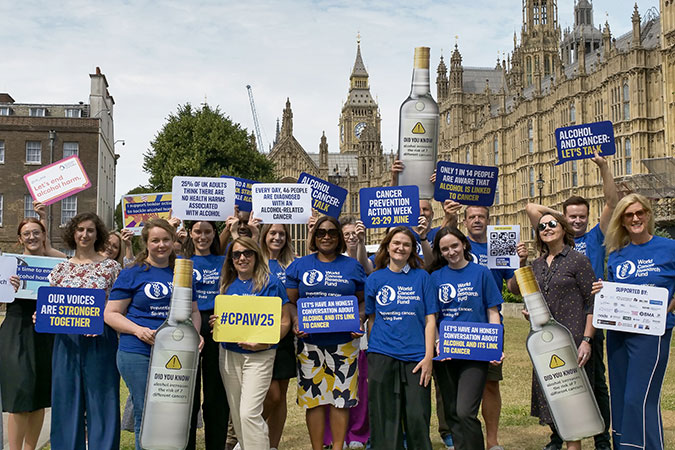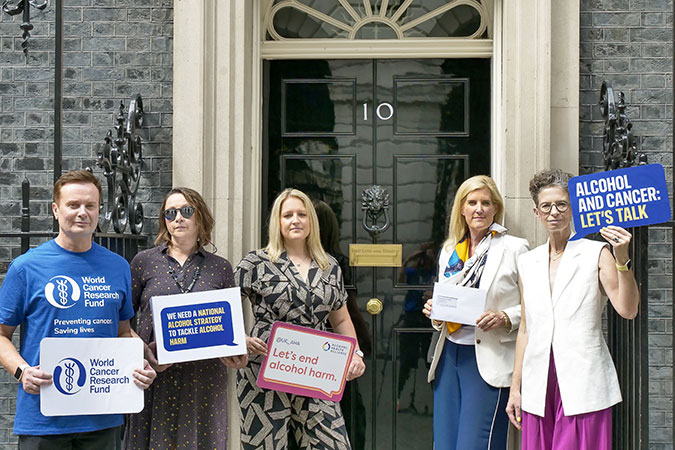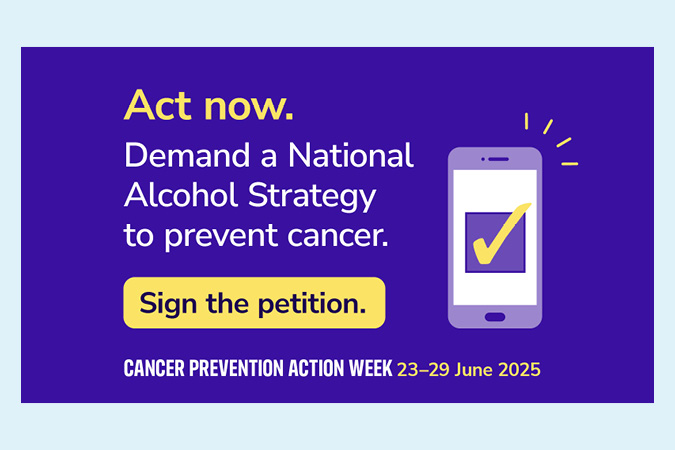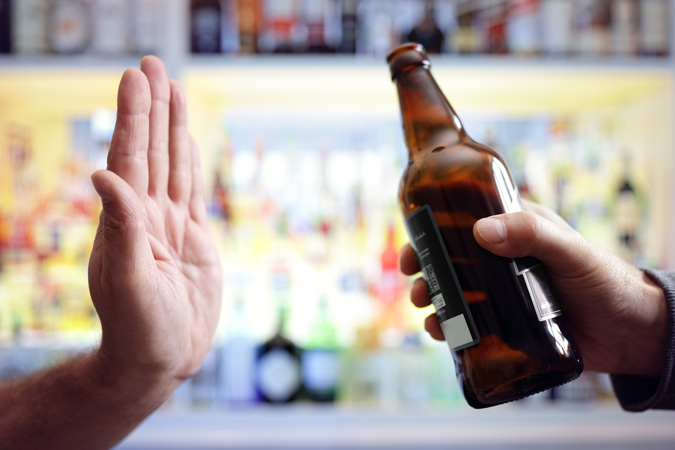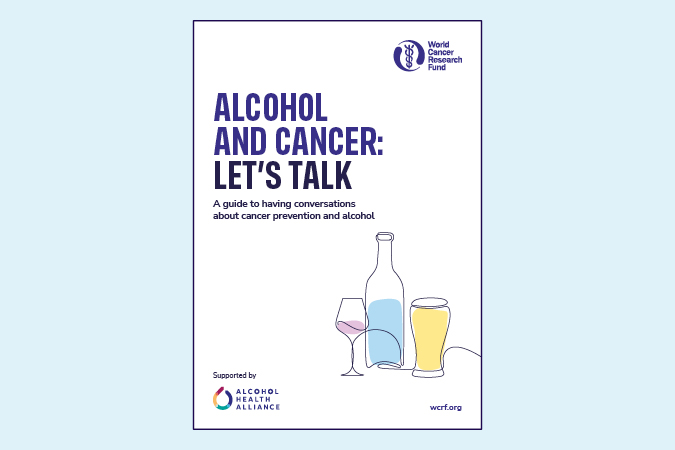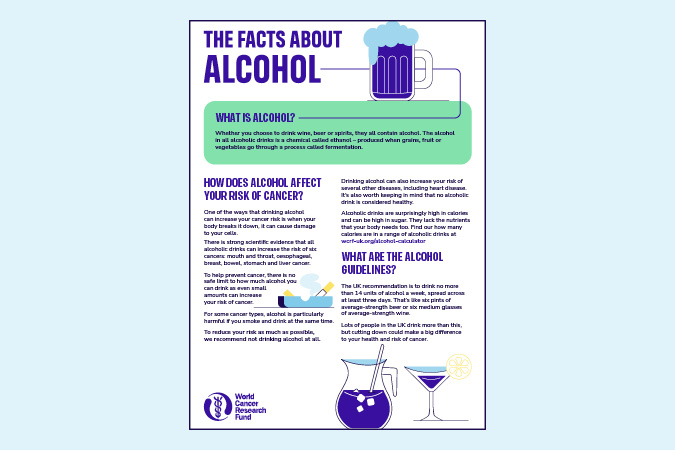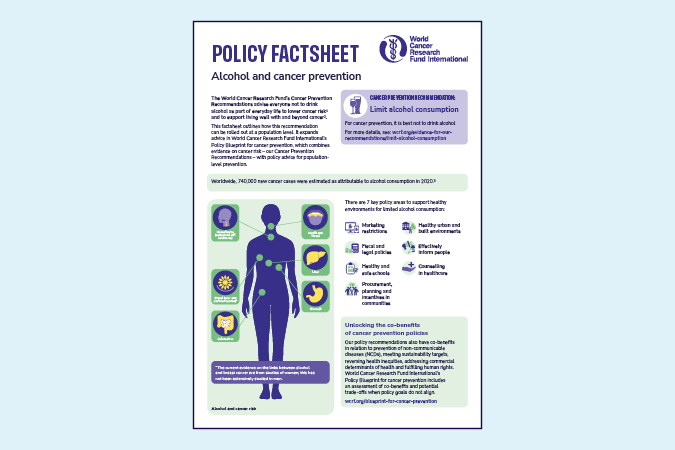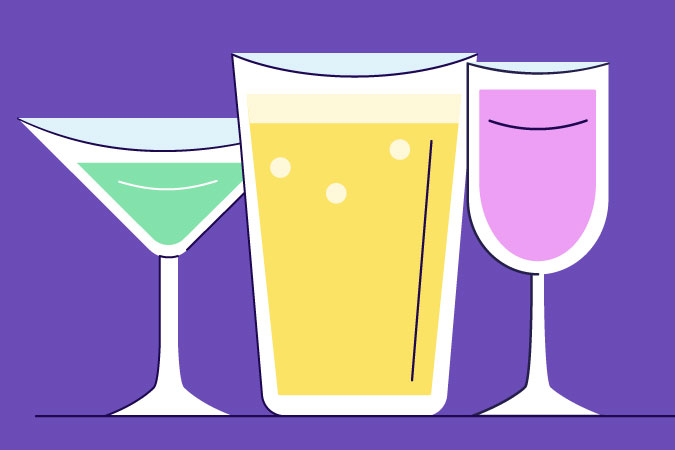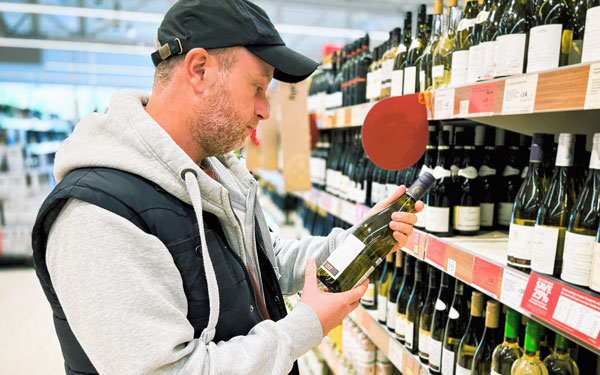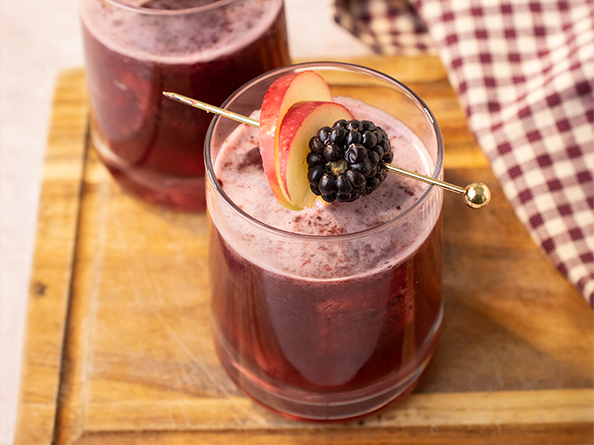Cancer Prevention Action Week 2025 – Thank you!
Cancer Prevention Action Week 2025 ran from 23–29 June – highlighting the links between alcohol and cancer.
Thank you for your help in making it a huge success!
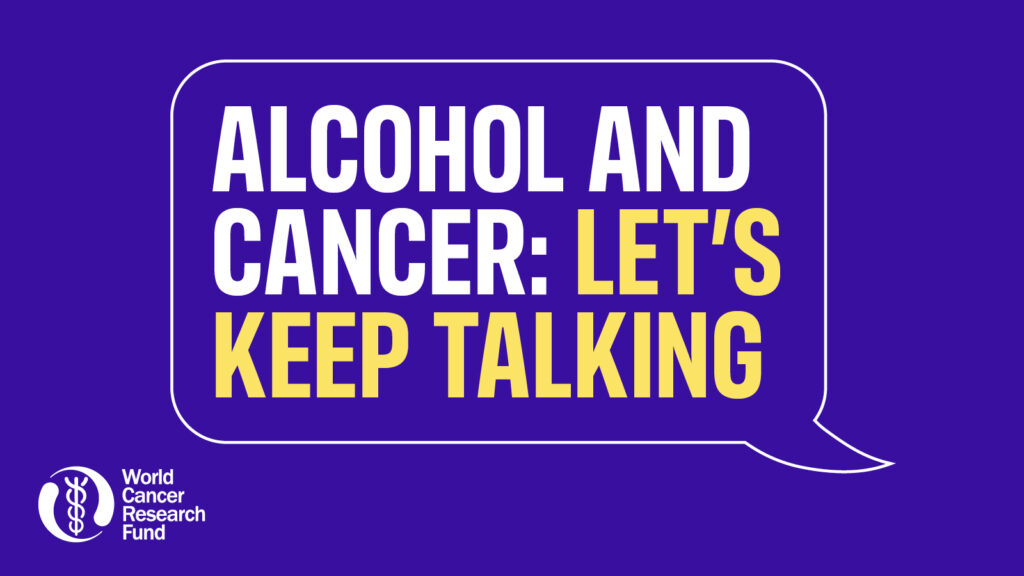
On this page
Explore the week’s activity
Alcohol and cancer: let’s talk
In the UK, alcohol is a major part of how many of us socialise, relax, and celebrate. But do we really know the risks we’re taking when we drink?
Our research shows that most people don’t know that drinking any amount of alcohol increases the risk of 7 types of cancer.
Nearly 4% of cancer cases are down to alcohol – around 17,000 new cases every year.
This Cancer Prevention Action Week, we want to spark a national conversation: with friends, family – and within government – about alcohol and cancer.
It’s time to start talking about alcohol and cancer, so that everyone can make more informed choices about alcohol and their health.
Alcohol and cancer – the evidence
-
What you need to know
Too many people don’t know that drinking any amount of alcohol increases the risk of 7 types of cancer. This year we’re encouraging people to talk about alcohol and cancer to build higher awareness, not only among the public, but also in government.
We want to start a conversation that will help people lead longer, healthier lives.
There is strong evidence that all types of alcoholic drink can increase the risk of 7 cancers:
- breast
- bowel
- mouth and throat
- oesophageal
- liver
- stomach
Alcoholic drinks are also high in calories and can be high in sugar, increasing your risk of gaining weight, if you’re drinking regularly. Living with overweight or obesity increases our risk of at least 13 different types of cancer.
Cutting back on alcohol – or, ideally, stopping entirely – is always a good idea for our health. After all, it’s one of our scientifically-backed and evidence-based Cancer Prevention Recommendations.
Consider how you can cut back in your own life and set an encouraging example for others to follow. Why not replace a drink with a donation to World Cancer Research Fund as a reminder of why it’s so important to be aware of how much, when, and why you drink?
What role do governments play?
There isn’t enough awareness about the true, long-term harms of alcohol – even though alcohol-related deaths in England are at an all-time high: up 42% since 2019.
Alongside the immeasurable human cost, is the economic burden placed on society. Alcohol-related cancers cost the NHS alone an estimated £100m annually.
Despite these stark figures, government action on alcohol remains woefully inadequate. There has been no National Alcohol Strategy since 2012.
If we are to reduce the impact of alcohol on our health, we need change at a national level.
That’s why we are calling on the UK government to introduce a National Alcohol Strategy in England that includes:
- Mandatory alcohol labelling on calories and cancer risk
- Minimum unit pricing, that is uprated with inflation
- Strengthened marketing restrictions on alcohol
Only then can we ensure people have the right information to make decisions about their health.
Want to support our work?
Are you a health professional?
Health professionals have a vital role to play in helping people to reduce how much alcohol they drink. One of our recent surveys showed half of Brits would be comfortable discussing their drinking habits with their health professional.
Learn more about the evidence linking alcohol and cancer and find out how to frame conversations and support for your patients and clients.
- Download or order copies of our alcohol and cancer factsheet
- Our short guide for conversations with patients on alcohol and cancer risk
- Webinar on alcohol and cancer
